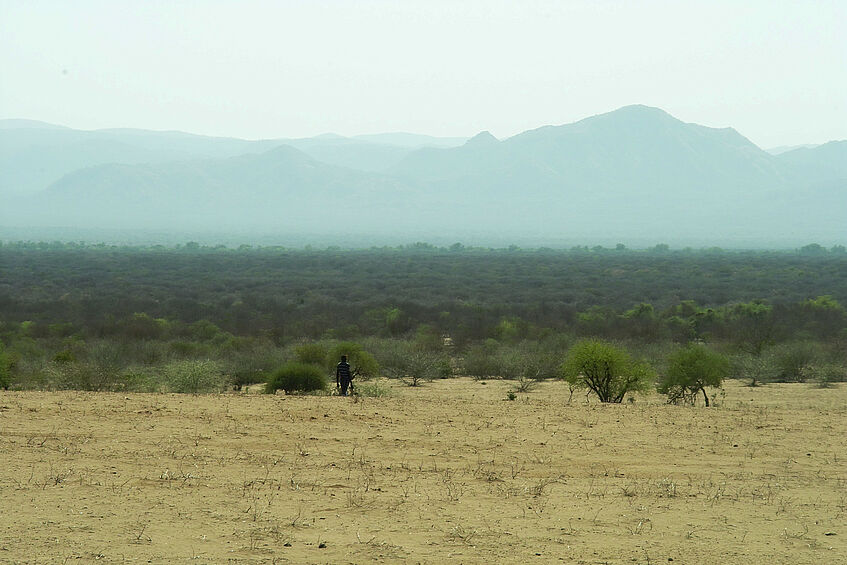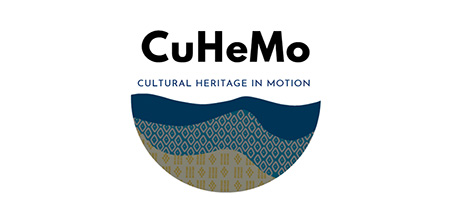Principal Investigator: Simon Bunchuay-Peth
Co-Investigator: Harald Sterly, Patrick Sakdapolrak
Project Partners: Universität Wageningen (Netherlands); Mahidol Universität (Thailand); (Netherlands); Chao Leh Andaman Assoc. (Thailand), CREDETIP (Senegal), Universität Amadou Mahtar Mbow (Senegal), HoAREC/N Ethiopia; Vienna Institute for International Dialogue and Cooperation (Austria)
Project Period: 2024 – 2027
Funded by Österreichische Forschungsförderungsgesellschaft (FFG), Bundesministerium für Bildung, Wissenschaft und Forschung
Funding Scheme: JPI Climate/Cultural Heritage, Belmont Forum
Background:
The impacts of climate change can be detrimental to the cultural practices and livelihoods of indigenous communities. At the same time, indigenous cultural heritage may play a role in adapting to climate risks and can be crucial to rethinking dominant approaches to addressing and understanding climate change. In the CuHeMo project we examine the role that cultural heritage plays in climate change adaptation, drawing from climate sciences, social sciences, and indigenous ways of knowing. We focus on indigenous groups whose livelihoods have historically been mobile, specifically pastoralist and (semi)nomadic fishing communities in Thailand, Ethiopia, and Senegal. In researching this, CuHeMo offers a transdisciplinary perspective bringing together climate scientists, social scientists and indigenous knowledge holders to co-produce knowledge. CuHeMo will do this for a diversity of climate parameters and geographical settings, through in-depth yet comparative case-studies. This integrative assessment of climate-cultural risk will include attention to the ways in which largescale and place-based sustainability projects may hinder the mobile practices of indigenous communities and their cultural heritage and practices. Coordinated by Wageningen University (LPI), CuHeMo is driven by a transdisciplinary consortium, involving: social scientists with expertise in climate mobility (Wageningen University, University of Vienna) and cultural studies (Mahidol University); climate scientists (Deltares, Wageningen University); and academic and societal stakeholders with strong connections to the indigenous communities involved (Chao Leh Andaman Assoc., CREDETIP, University of Amadou Mahtar Mbow, HoAREC/N) and to the international policy community (VIDC) and media (Double Blind Media). Through participative methodologies and knowledge utilization activities, including community-based workshops, artistic expressions with indigenous communities, policy mobilization, and a project video intended for a broad public audience, our findings will critically contribute to policy debates concerning climate adaptation and mobile cultures.
The contribution of the working group on Population Geography and Demography will be the study of agro-pastoralists in the South Omo Valley in Ethiopia. The Vienna team is also co-leading the work packages on (a) Methodologies and Operationalisation; (b) Learning, Comparison & Theory Building and (c) Social Impacts, Policy Dialogue and 3rd Mission.


